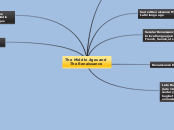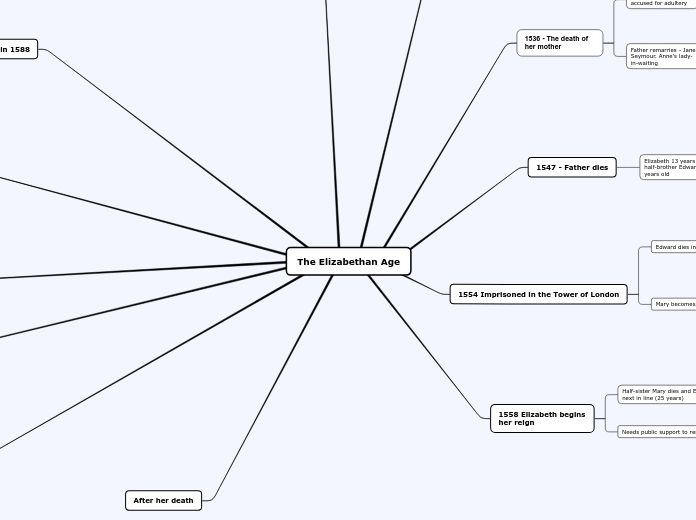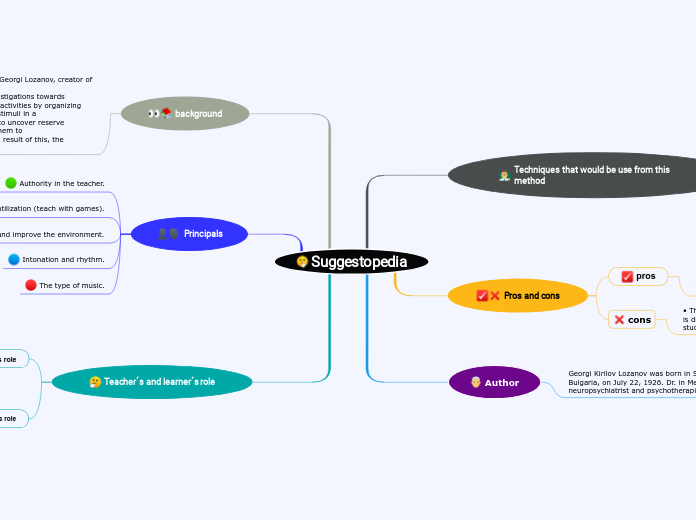by Carl Smith 9 years ago
416
New Map
The transition from the Middle Ages to the Renaissance marked significant developments in music. During the Middle Ages, music was primarily divided into sacred and secular traditions, with Gregorian Chant being a notable form of sacred music featuring organized rhythm and simple melodies.









